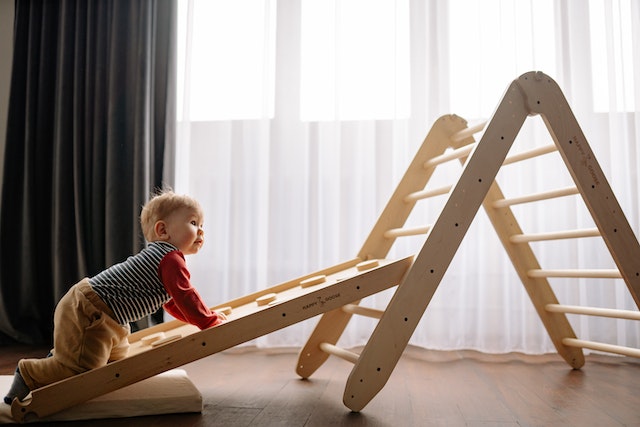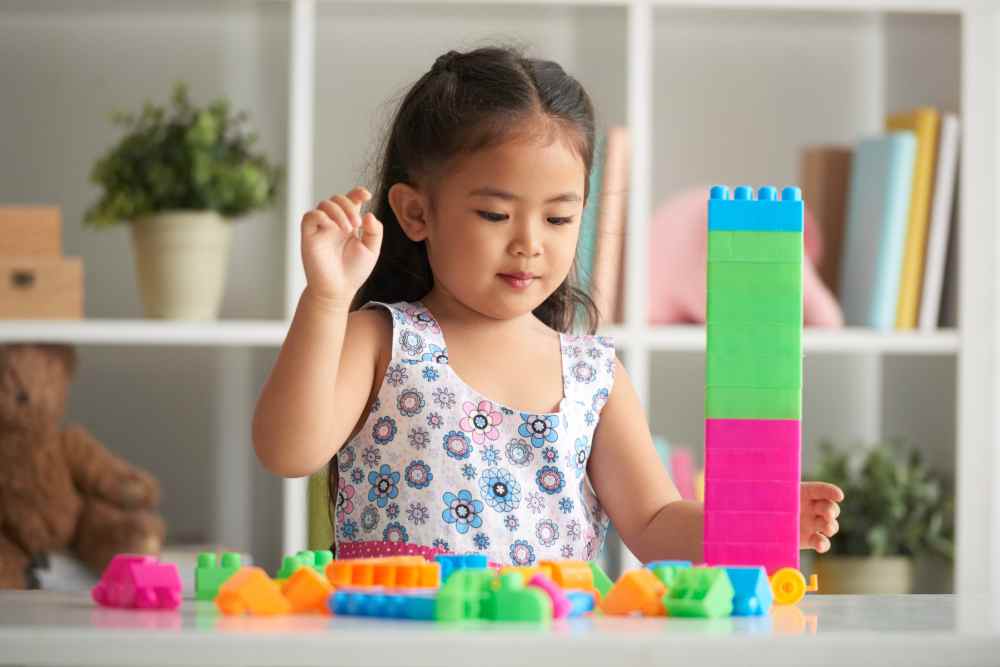Introduction
As an experienced pediatrician, I understand the importance of providing parents with
valuable insights into their child’s development.
The period between 12 months and 24 months of age is a crucial stage in a child’s life,
marked by rapid growth and milestones.
In this article, we’ll explore what parents can expect during this period, drawing on medical
knowledge and experience to offer guidance and support.
Physical Development
Growth: Between 12 and 24 months, children typically experience significant growth
spurts.
Expect your child to gain weight and grow in height, although the rate may vary from child
to child.
Regular check-ups with your pediatrician can ensure your child is growing at a healthy
pace.
Motor Skills: Motor skills continue to develop during this stage. By 12 months, most
children can walk independently, and by 24 months, they may begin to run and climb.
Encourage physical activity and provide a safe environment for exploration.
Cognitive Development
Language: Language development is remarkable during this period.
Your child will start to use more words, combining them into simple sentences.
Encourage communication by talking to your child, reading together, and responding to
their attempts to express themselves.
Problem Solving: Cognitive abilities improve, and children become more adept at
problem-solving.
They may engage in simple puzzles, stacking blocks, or imitating everyday tasks.
Offer age-appropriate toys and activities that stimulate their creativity and problem-solving
skills.
Social and Emotional Development
Independence: Toddlers often assert their independence during these months.
Tantrums and defiance are common as they explore their boundaries.
Stay patient and provide consistent discipline to help them learn appropriate behavior.
Social Skills: Social interactions become more important.
Children may show interest in playing with peers, although parallel play (playing alongside
others but not directly with them) is common at this age.
Encourage socialization through playdates and group activities.
Feeding and Nutrition
Transition to Solid Foods: By 12 months, your child should have transitioned to a diet
that includes a variety of solid foods.
Continue to introduce new foods to expand their palate and ensure they receive a
balanced diet.
Milk and Weaning: Most children can switch to whole cow’s milk after 12 months, but
consult with your pediatrician for guidance.
Gradual weaning from breastfeeding or bottle-feeding is a typical process during this
stage.
Health and Safety
Vaccinations: Keep up with your child’s vaccination schedule.
Consult with your pediatrician to ensure they receive the necessary immunizations to
protect them from preventable diseases.
Safety Measures: Childproof your home to keep your child safe as they become more
mobile and curious.
Secure heavy furniture, use safety gates, and keep hazardous substances out of reach.
Conclusion
Understanding what to expect between 12 months and 24 months of age in a child is
crucial for parents.
This period is marked by significant physical, cognitive, social, and emotional
development.
As a seasoned pediatrician, I encourage parents to maintain open communication with
their healthcare providers, ask questions, and seek guidance as needed to ensure their
child’s healthy growth and development.
Every child is unique, and the journey from toddlerhood to early childhood is a wonderful,
albeit sometimes challenging, adventure.
Embrace it with patience, love, and the support of your trusted medical professionals.












